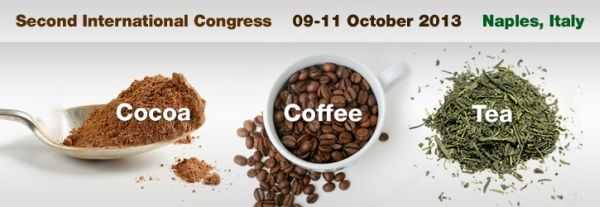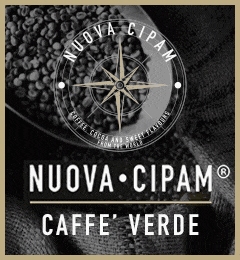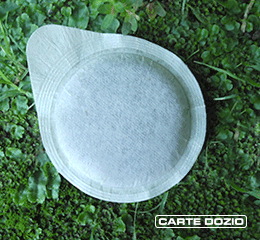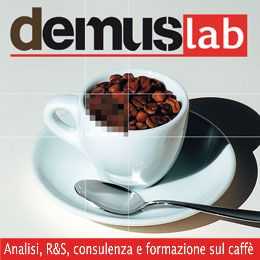Condividi con noi le tue storie legate al caffè scrivendo a direzione@comunicaffe.it.
Vitaglione P. Department of Agricultural and Food science, University of Naples “Federico II”, Portici, Italy. paola.vitaglione@unina.it
Coffee is one of the most consumed beverage worldwide with a yearly world average consumption of 1.1 kg per capita, reaching 4.5 kg in industrialized countries. Epidemiological studies showed reduced risk of developing diabetes, liver disease, cardiovascular disease, Alzheimer’s disease and some types of cancer in high coffee drinkers compared to non-drinkers [1].
For several years the physiological effects of coffee have been focused on its caffeine content, however many of health benefits of coffee have been demonstrated irrespective to caffeine amount in the beverage. Coffee contains hundreds of compounds beyond caffeine, such as polyphenols, melanoidins, carbohydrates, diterpenes, etc. in an amount that may be highly different depending on the variety of coffee used, the roasting degree, the type of brewing method, as well as the serving size.
All these compounds may potentially act in vivo contributing to the overall beneficial effects of coffee consumption.
Thus beyond direct antioxidant activity exerted along the gastro-intestinal tract by coffee polyphenols (mainly chlorogenic acid), many different mechanisms may act in the body including the regulation of cellular signals and the modulation of the activity of numerous enzymes and redox sensitive transcription factors.
These mechanisms have a role in lowering tissue storage of glucose and fat deposition, thus improving insulin sensitivity and reducing the risks associated to high fat dietary regimes. A reduced systemic and tissues inflammation after long term coffee consumption has been also shown in animal studies [2].
A link with the prebiotic activity exerted by coffee non-digestible material, including melanoidins and phenolic compounds, that may boost immunity and ameliorate metabolic function through the colon can be also suggested [3].
The mechanisms underpinning coffee benefits for and through the liver and intestine will be presented.
References
[1] La Vecchia, C., and Tavani, A. Coffee and cancer risk: an update. Eur. J. Cancer Prev. 2007, 16, 385–389. [2] Vitaglione, P. et al. Coffee reduces liver damage in a rat model of steatohepatitis: the underlying mechanisms and the role of polyphenols and melanoidins. Hepatology. 2010, 52, 1652-1661. [3] Vitaglione, P. et al. Coffee, colon function and colorectal cancer. Food Funct. 2012, 3, 916-922















